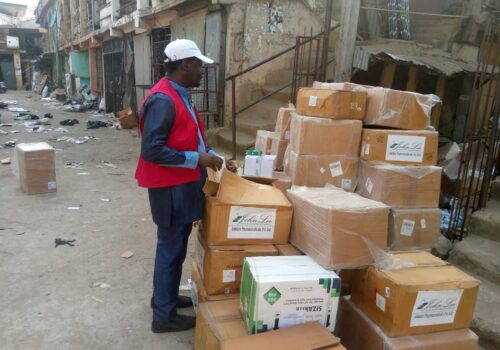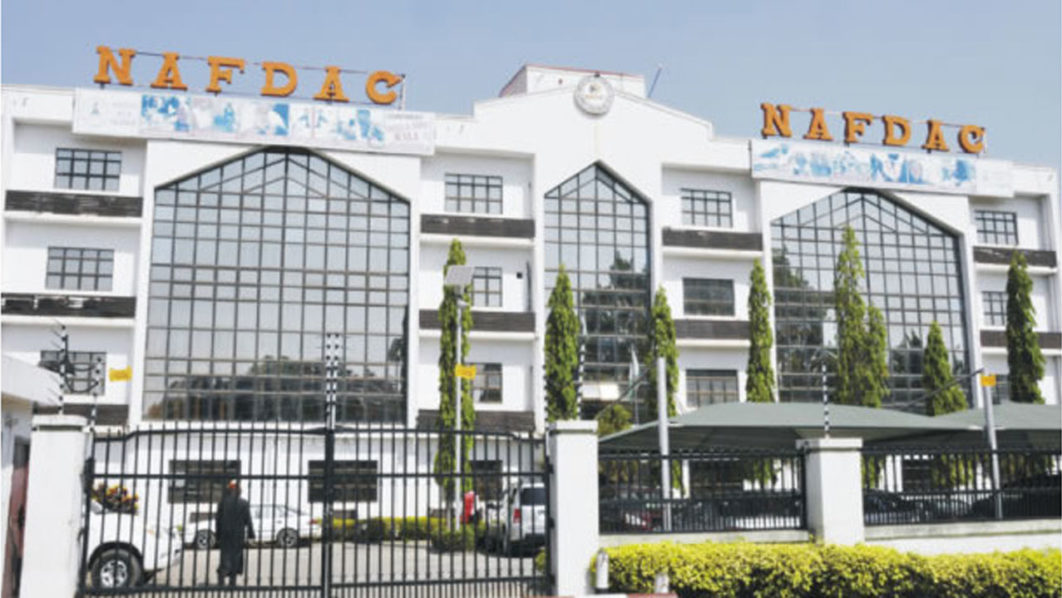The National Agency for Food and Drug Administration and Control (NAFDAC) has confiscated expired, counterfeit, and unregistered food and cosmetic items valued at over ₦350 million during a targeted enforcement operation in Kano State.
In a statement shared via its official X handle on Sunday, May 25, 2025, the agency said the three-day operation was triggered by complaints from concerned members of the public.
The enforcement exercise, which spanned several major supermarkets and the bustling Singer Market in the Kano metropolis, was led by the agency’s Directors of Investigation and Enforcement, along with officers from the North-West Zonal Office.
NAFDAC revealed that large quantities of expired sweets, beverages, and unregistered foreign products without English labelling were among the items seized.
Some of the unregulated goods were discovered on the shelves of well-known retail chains across the city.
Ongoing investigations aim to trace the individuals and businesses responsible, with a view to prosecution.
The agency has also urged the public to report any suspicious products to the nearest NAFDAC office.

NAFDAC reiterated its commitment to protecting public health by ensuring that only safe and properly regulated products are permitted in the Nigerian marketplace.
The Director-General of the agency, Professor Mojisola Adeyeye, has consistently highlighted the dangers posed by expired and unregistered products and reaffirmed NAFDAC’s zero-tolerance stance against the sale and circulation of such items.
In January 2025, the agency destroyed fake and unwholesome goods worth approximately ₦1.37 billion in Abuja.
According to NAFDAC, the destroyed products included expired drinks, adulterated rice, and unregistered cosmetics, many of which had been voluntarily handed over by compliant companies.
A month later, a similar destruction exercise was conducted in Rivers State, where counterfeit and expired products worth ₦4.7 billion were seized and destroyed.
The agency said warehouses were found stockpiling expired alcoholic beverages that were being repackaged for sale. Other confiscated items included unregistered cosmetics and substandard vegetable oil lacking the required vitamin A fortification.
Prof. Adeyeye has persistently warned that such products carry serious public health consequences, including treatment failures, drug resistance, prolonged illness, and even death.
To bolster its regulatory powers, NAFDAC has called on the National Assembly to fast-track the passage of the Counterfeit Medical Products Bill.
The legislation is expected to enhance the agency’s capacity to combat the production and distribution of substandard and fake goods across the country.


 Trending
Trending 